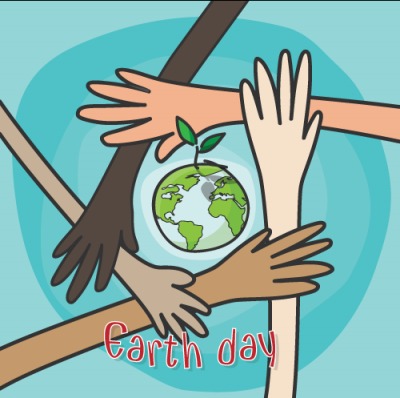
By Debbie Gardner
debbieg@thereminder.com
In recognition of the 50th anniversary of Earth Day – scheduled for April 22 in 2020 – Prime is taking a slightly different approach to its Three Big Questions feature for this month. Instead of reaching out to a single expert, we contacted people involved with grassroots efforts in the Pioneer Valley to combat climate change.
Laura Sandhusen of Citizens Climate Lobby shared her insights on what that group – which has chapters in Amherst and Springfield– is doing to help combat climate change. Cynthia Sommer, team leader for the Green Team at the Unitarian Universalist Society of Greater Springfield, shared what other local groups are undertaking to improve the environment in the Valley. Here’s what they told Prime:
Q: What is the Citizens Climate Lobby and what is your purpose?
“We’re not a political organization, although we do lobby. We’re a science data, evidence-based organization, so we use the science to look at the
scientific data to see that the climate is warming and something needs to be done about it,” said Sandhusen. “Our founder, Marshall Saunders, wanted to work on the most effective way to work on climate disruption, and that is to correct the market failure that makes fossil fuels cheap and makes society pay for their harmful effects.
“We promote legislation that puts a steadily rising fee on carbon emissions and then gives all the money back in equal shares to citizens. In this way renewable energy would become cheaper, we would reduce emissions by at least 40 percent in 12 years, we would create over 2 million new jobs and be totally revenue neutral as far as the government is concerned.”
Q: How does the Citizens Climate Lobby plan to achieve this goal?
“Decarbonization of our atmosphere through legislative means focusing on changing the lifestyle that allowed this to happen in the first place,”Sandhusen said. “Right now in Congress we have a bill called ‘Energy Innovation and Carbon Dividend Act;’ Rep. Jim McGovern is a co-sponsor. In Springfield, that chapter will lobby Congressman Neal for his support. There is also a carbon pricing bill on the state level, too. We work on facts, we work on reality – the reality is if you want to get something done it has to be through legislation.
“A big part of the Citizens Climate lobby is the culture. We work with Democrats and Republicans – We are nice to everybody, we work well with everybody – it’s kind of the antidote to the negativity [of today]. We’re always very positive and optimistic and we talk to everybody. We also educate the public and try to gain support for our idea.”
Sandhusen said the Citizen Climate Lobby meets the second Wednesday of every month at the Unitarian Society of Northampton, 220 Main St., Northampton, MA. The Springfield area chapter meets on the first Sunday of the month from 2-4 p.m. at the Unitarian Universalist Society, 245 Porter Lake Dr., Springfield. For more information on Citizens Climate Lobby, including links to local chapters, visit their website at citizensclimatelobby.org
Q: Beyond the Citizen Climate Lobby, what other organizations are working locally to help save our environment?
“There is a newsletter that tells you what is happening in Western Mass. around climate action,” said Sommer. “It is put out by the all-volunteer group, Climate Action Now Western Massachusetts, and is available at http://climateactionnowma.org. Among the groups with contact links in the newsletter are: the CAN Legislative Workgroup, focusing on state legislature and municipal 100 percent renewable energy; the Carbon Fee and Rebate group, which wants to make Massachusetts the first state to pass a fair price on carbon pollution; the Stop the Columbia Gas Expansion Plan group; The Regenerative Farming, Forests and Food Systems Alliance group; the Racism-Climate Change Connections.